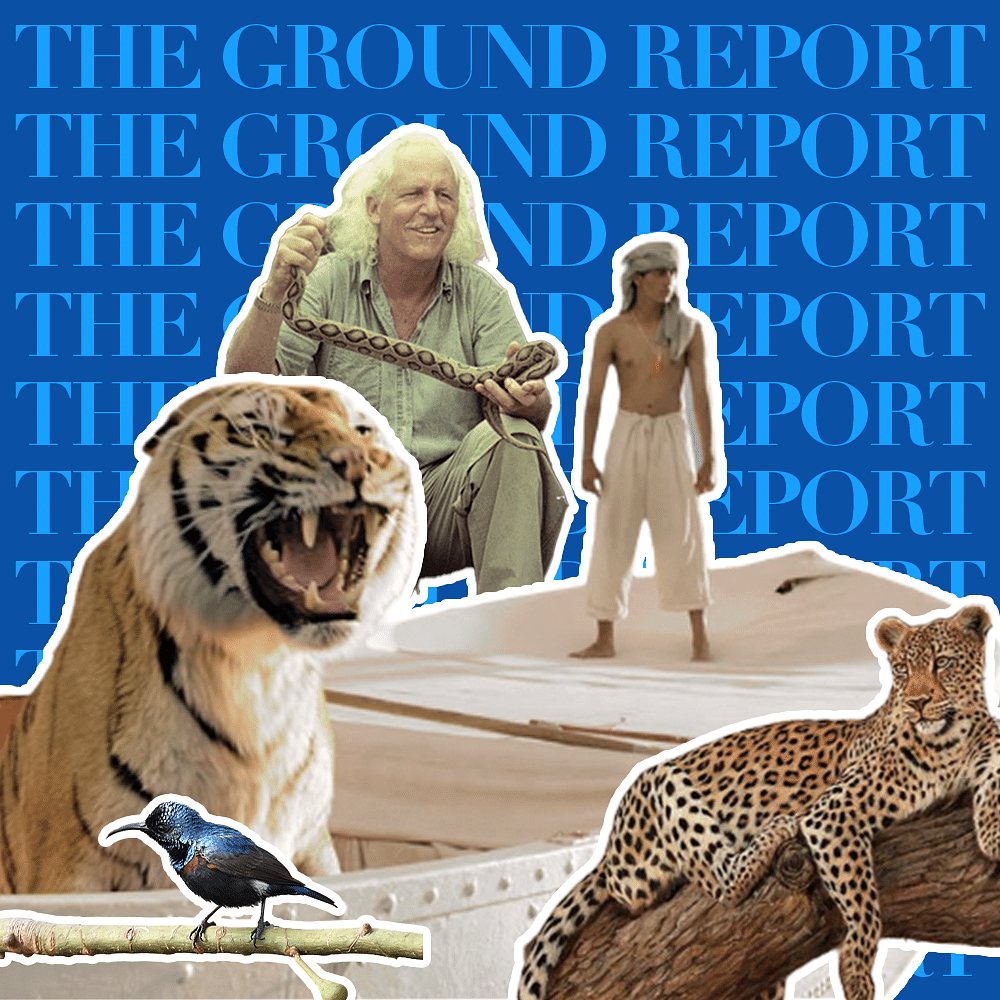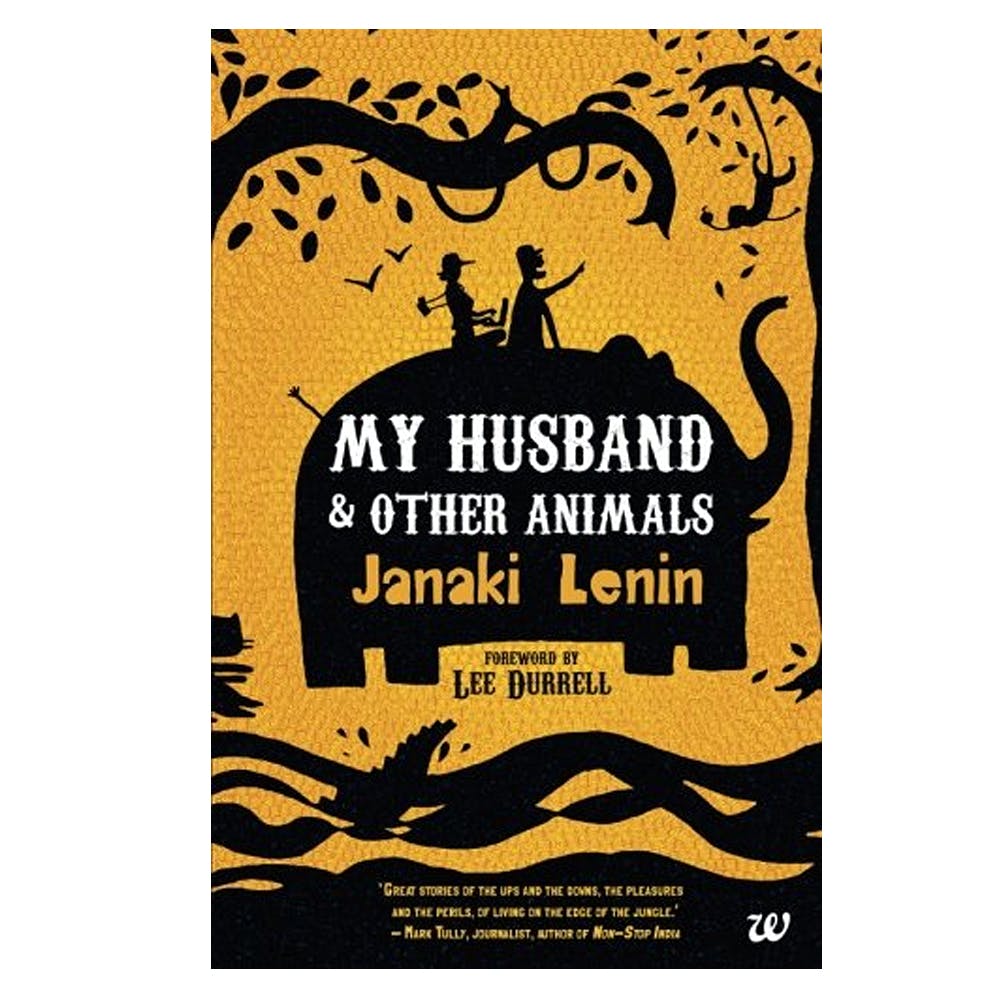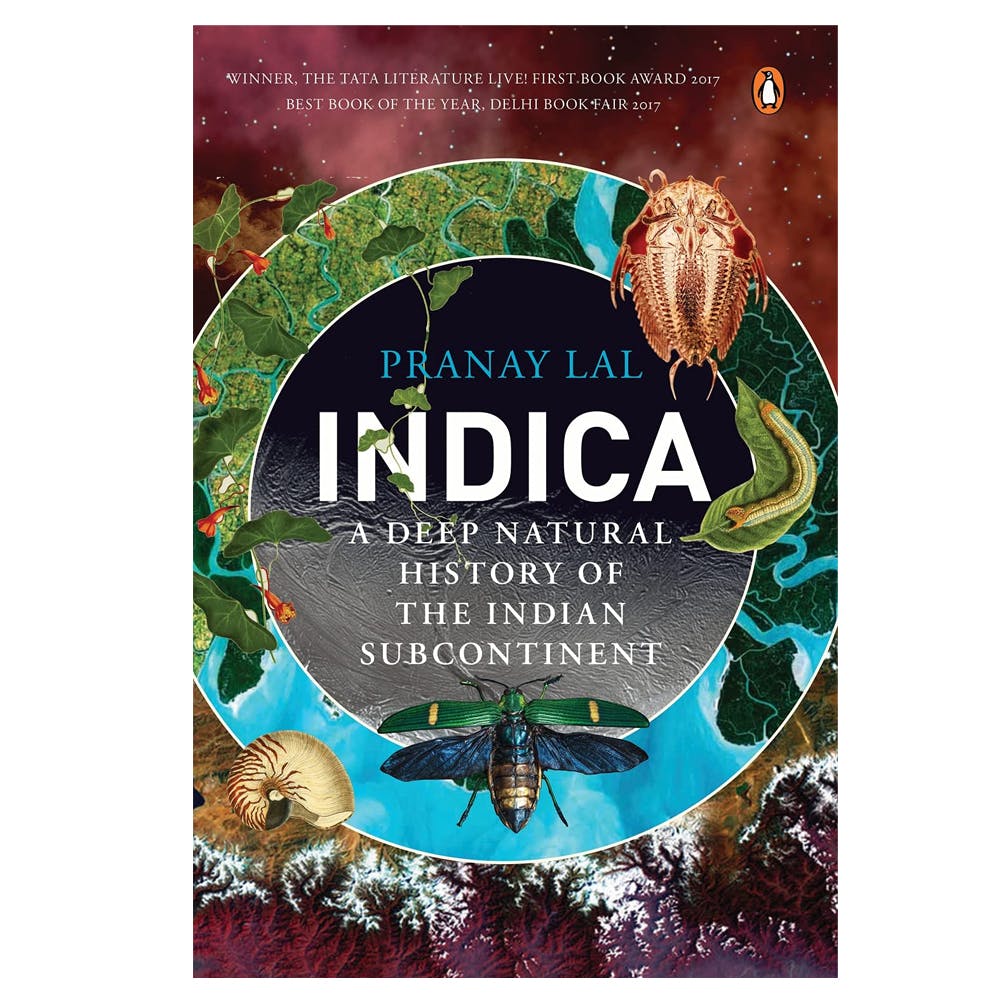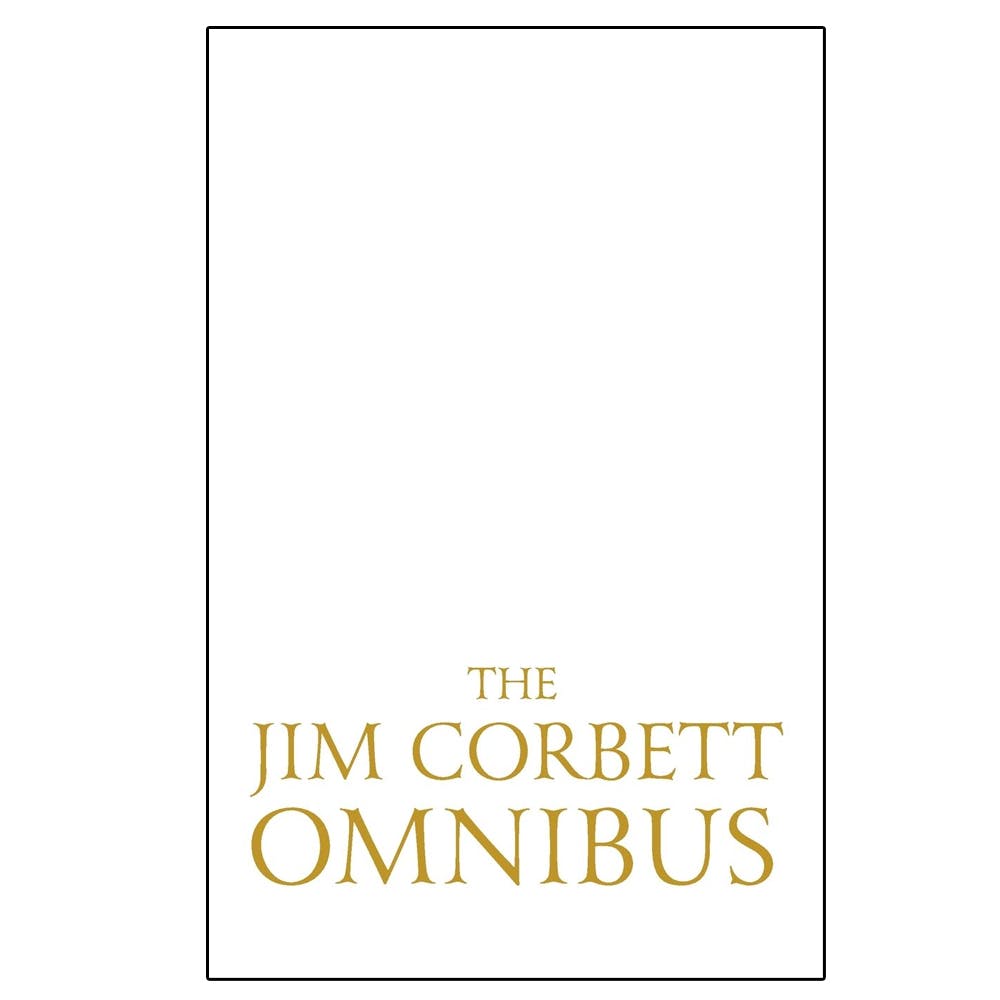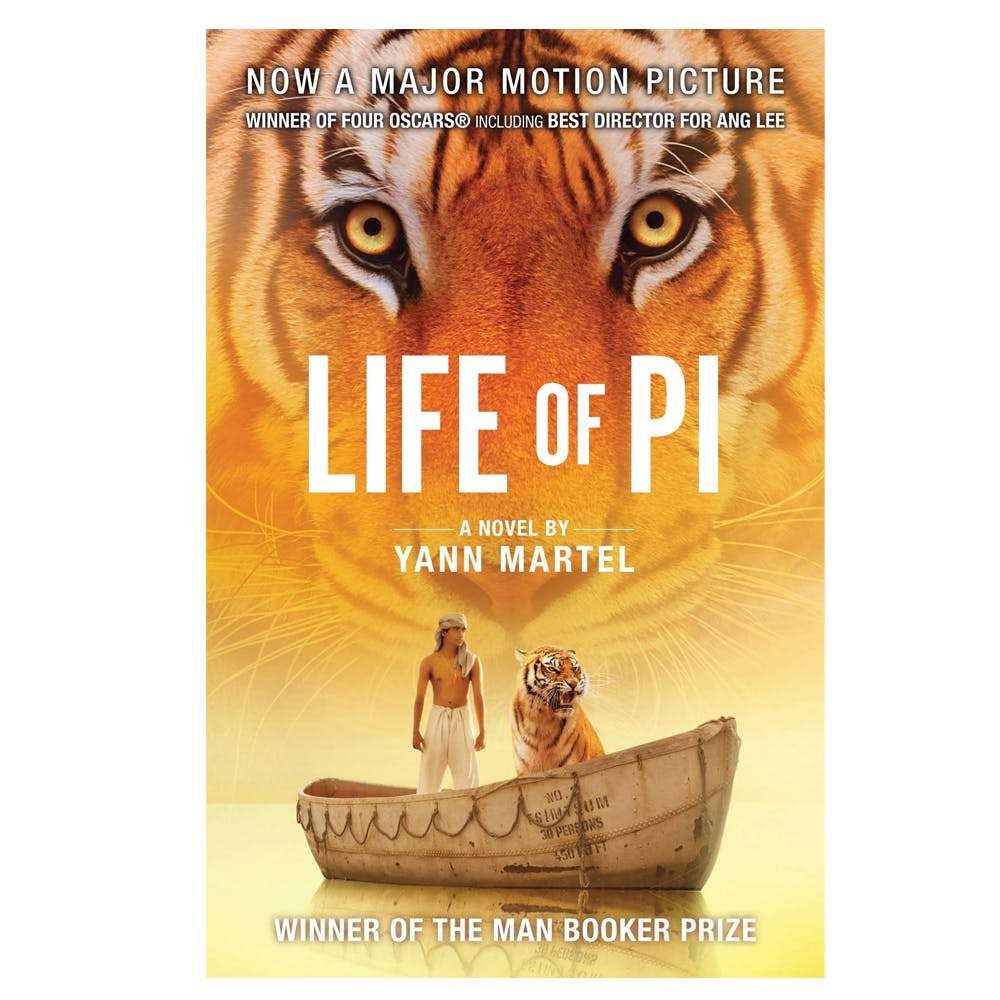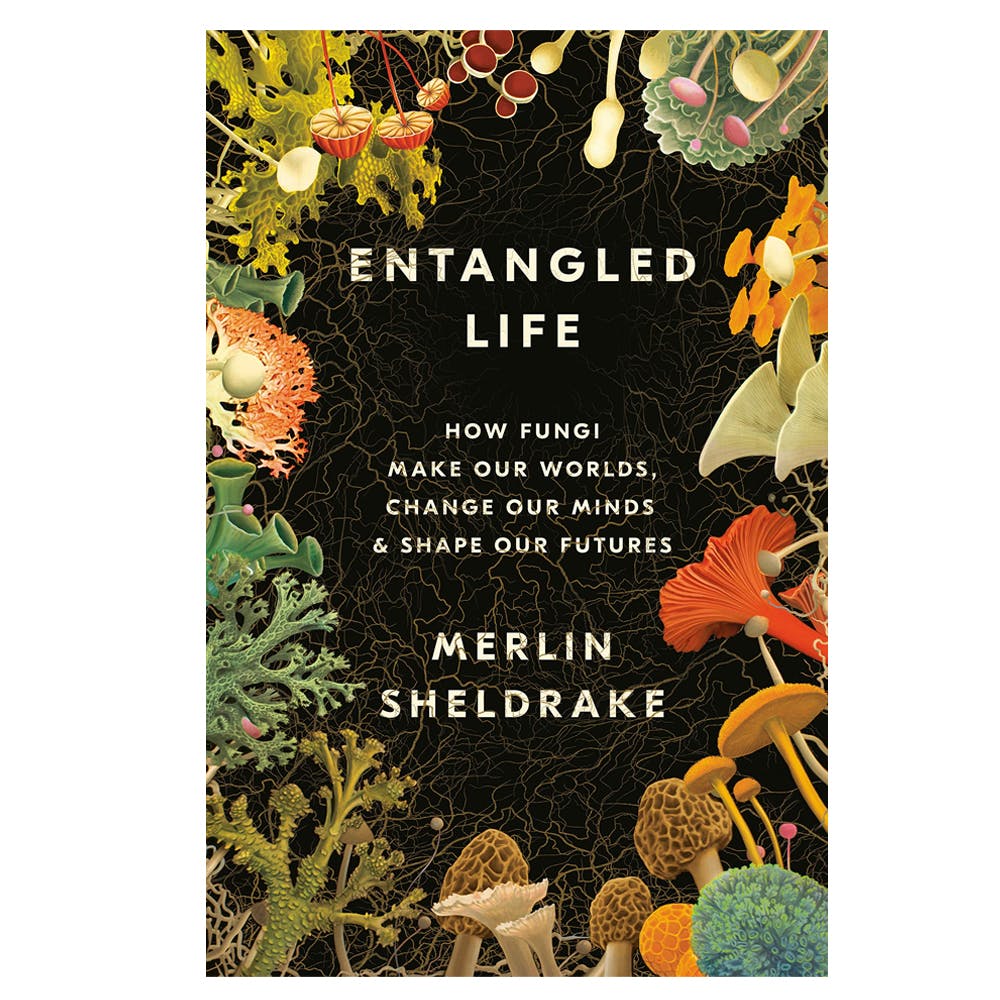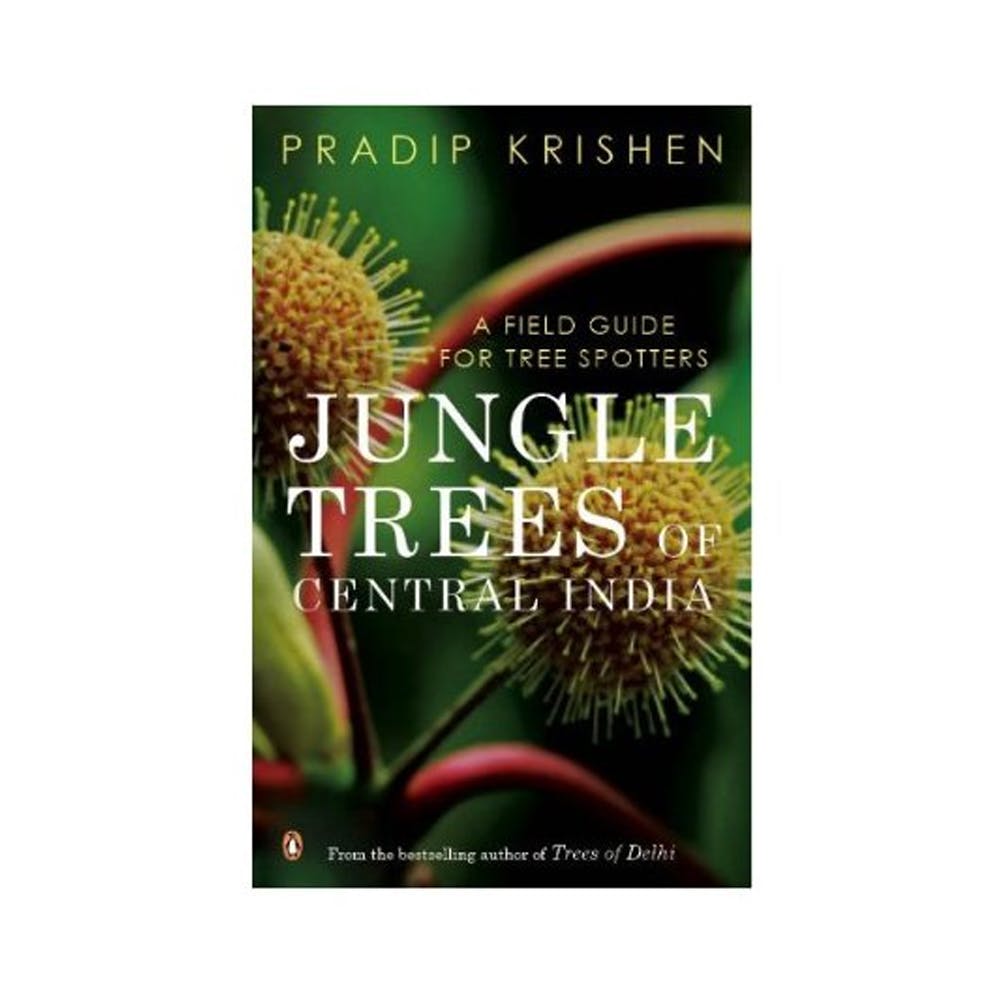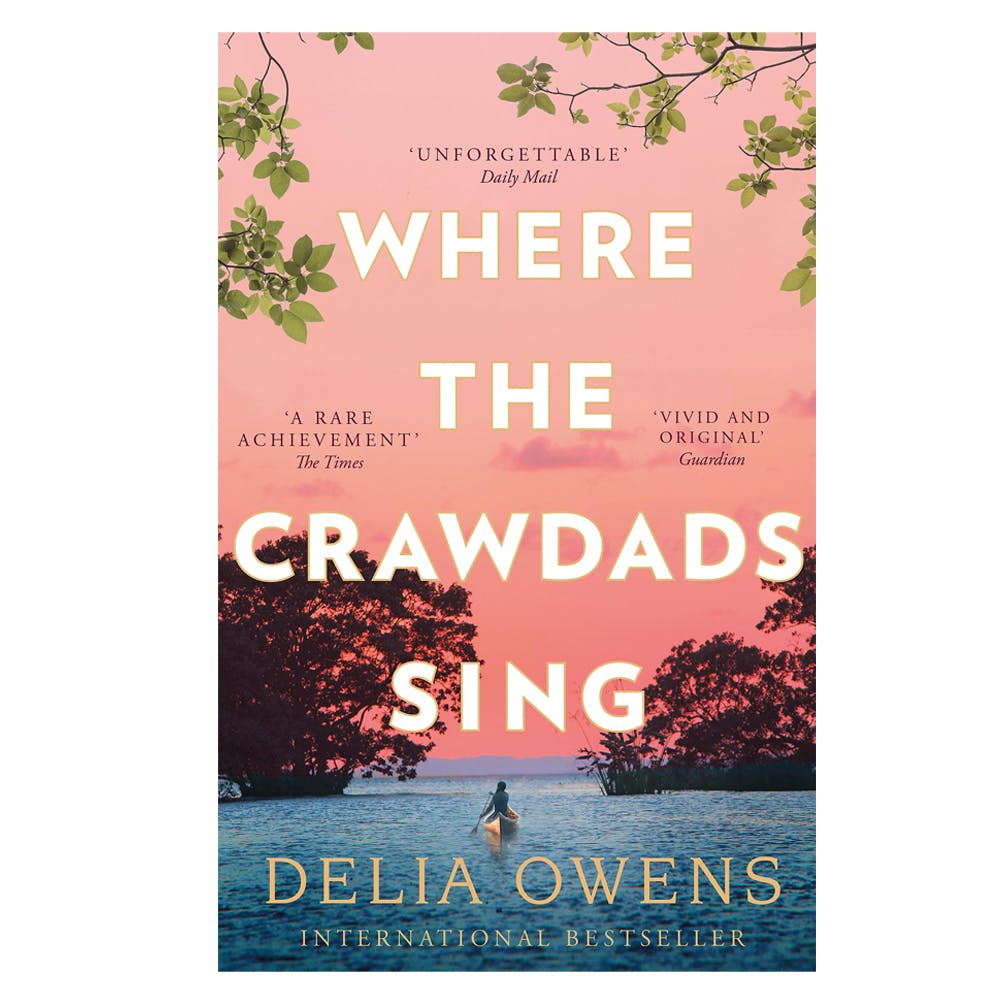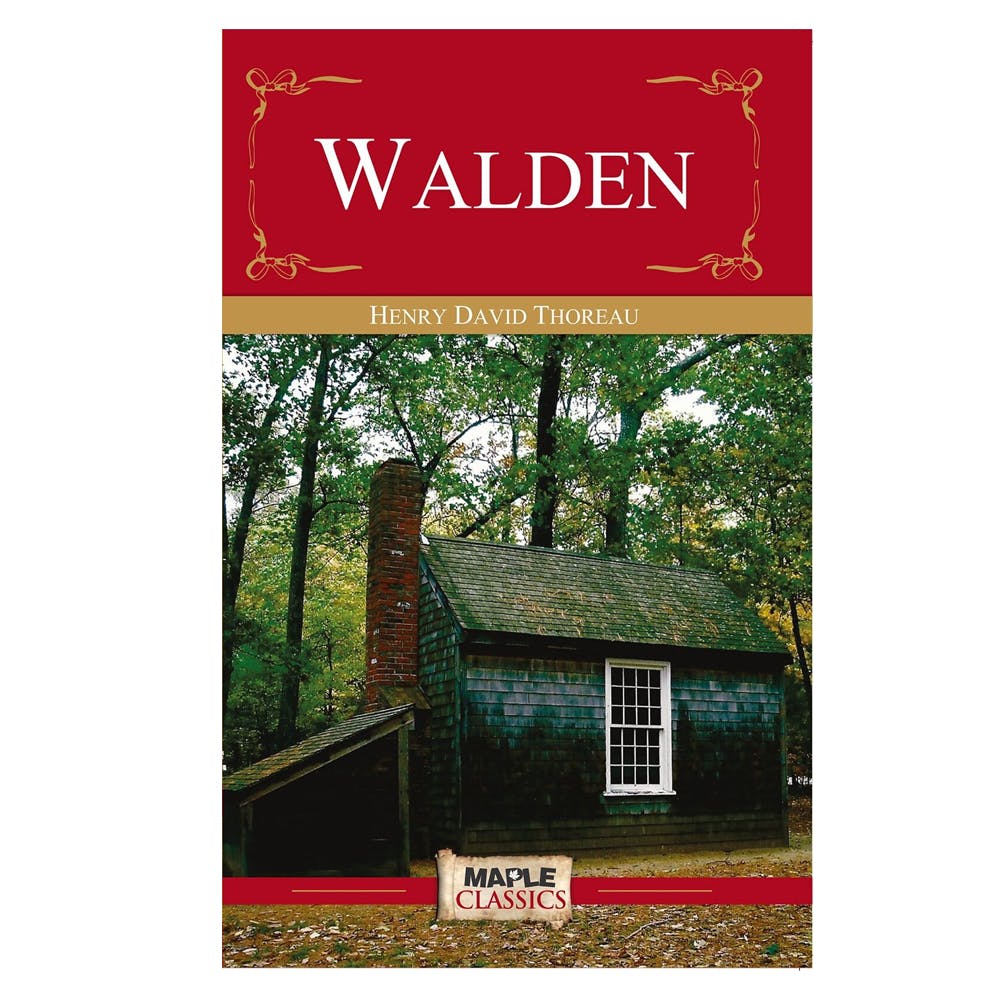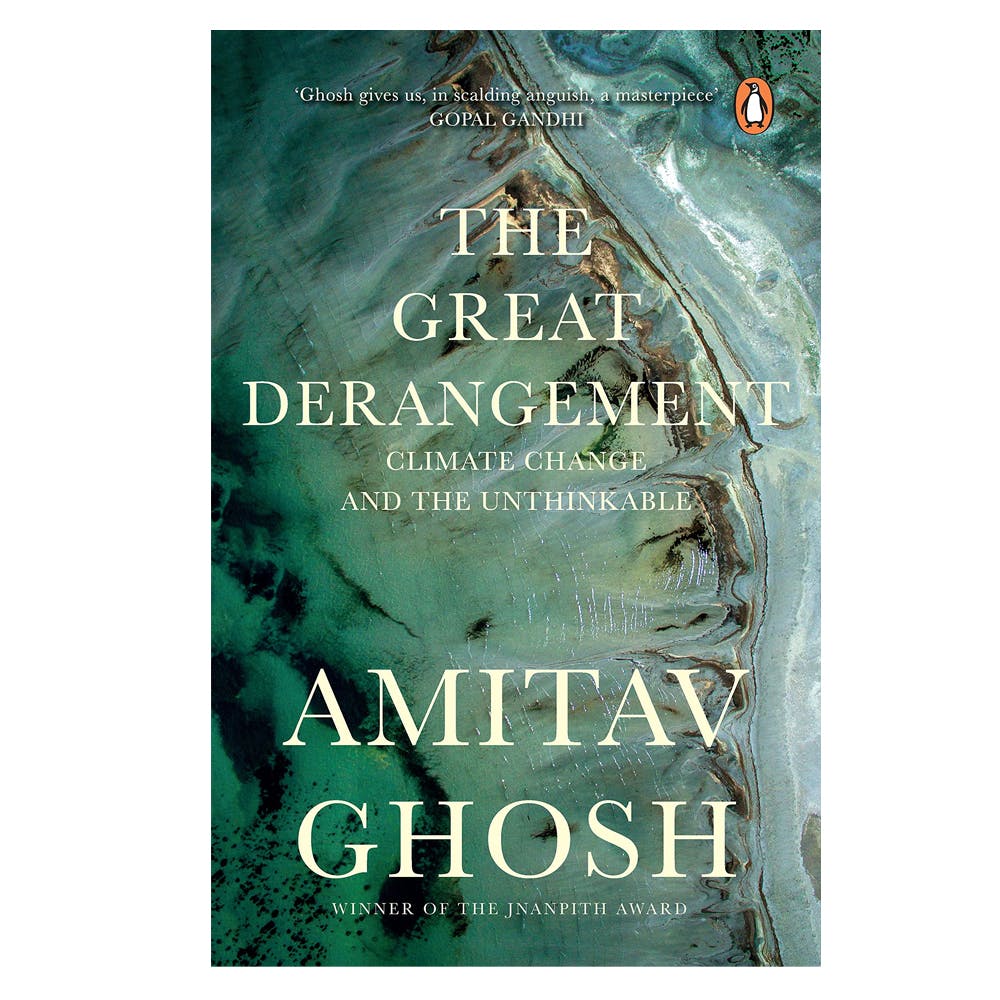Like most people who live in cities, my disconnect with nature has widened more than I’d like in the last few years. This is in stark contrast compared with my early years of growing up in a small forest town in Madhya Pradesh, only five minutes away from a National Park. My childhood and adolescence were spent waking up to snakes in our home every monsoon; bathing in innumerable ponds, lakes and waterfalls; spotting crocodiles basking by the lake on sunny winter mornings; watching migratory birds flying right up to our terrace come autumn; hearing stories of wild encounters with big cats from the elders and so much more. As I now live in a barsati in Delhi, memories of life by the forest all seem like a fairytale too good to be true.
One thing has remained a constant however. As readers, the literature we are exposed to is largely affected by the environment we live in. And naturally, I grew up reading tons about the wild, books like Robinson Crusoe and Panchatantra Tales, writers like Jim Corbett, Rudyard Kipling and more. And while my interests in literature have expanded across genres over the years, a large part of the books that I read are still rooted in nature, helping me bridge the disconnect, and feel at home no matter where I go. And that’s what this list is all about; books that paint a detailed picture of this incredible planet we call home, books that help you get closer to nature, even if the only jungle around you is one made of concrete.

